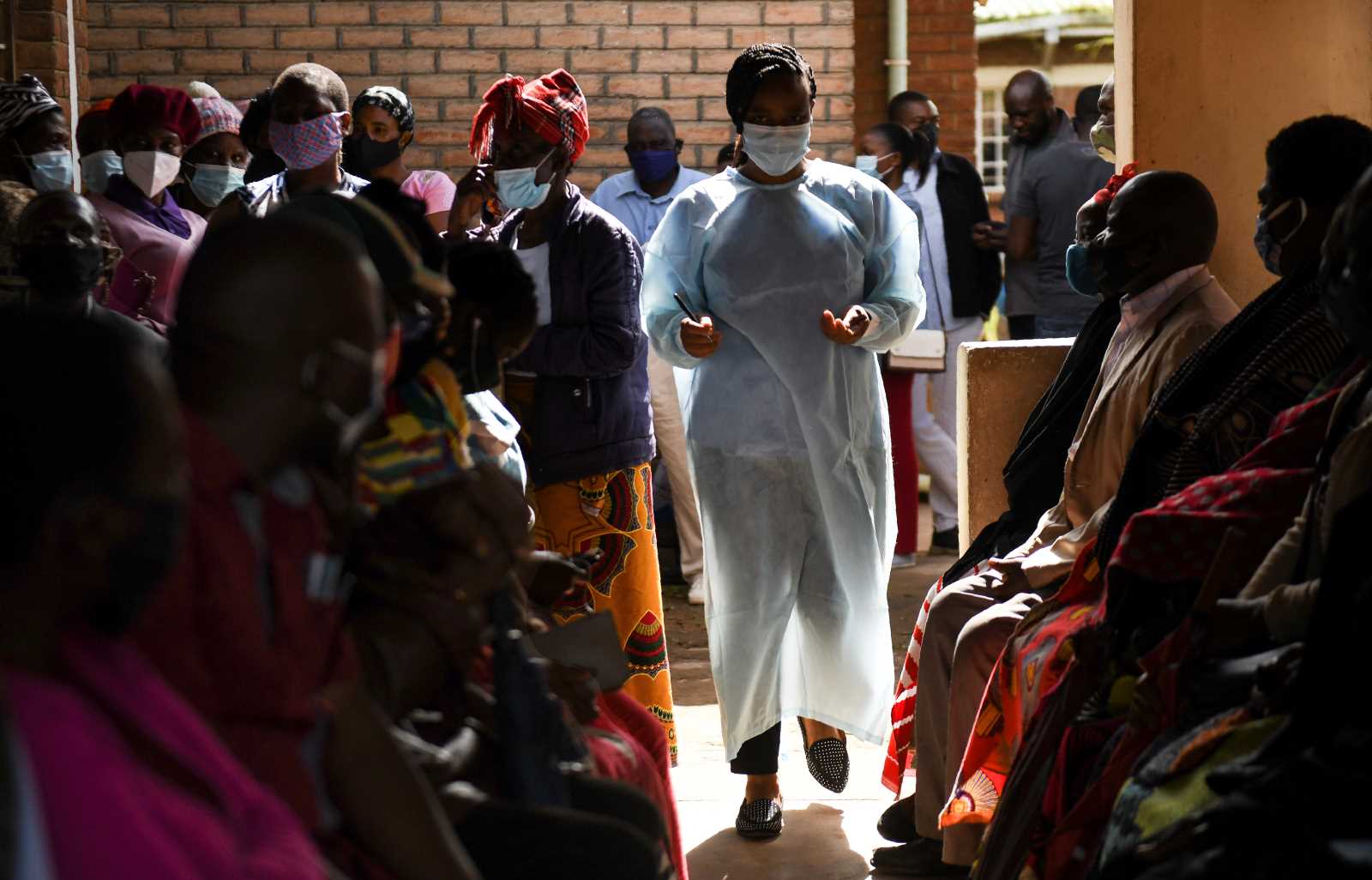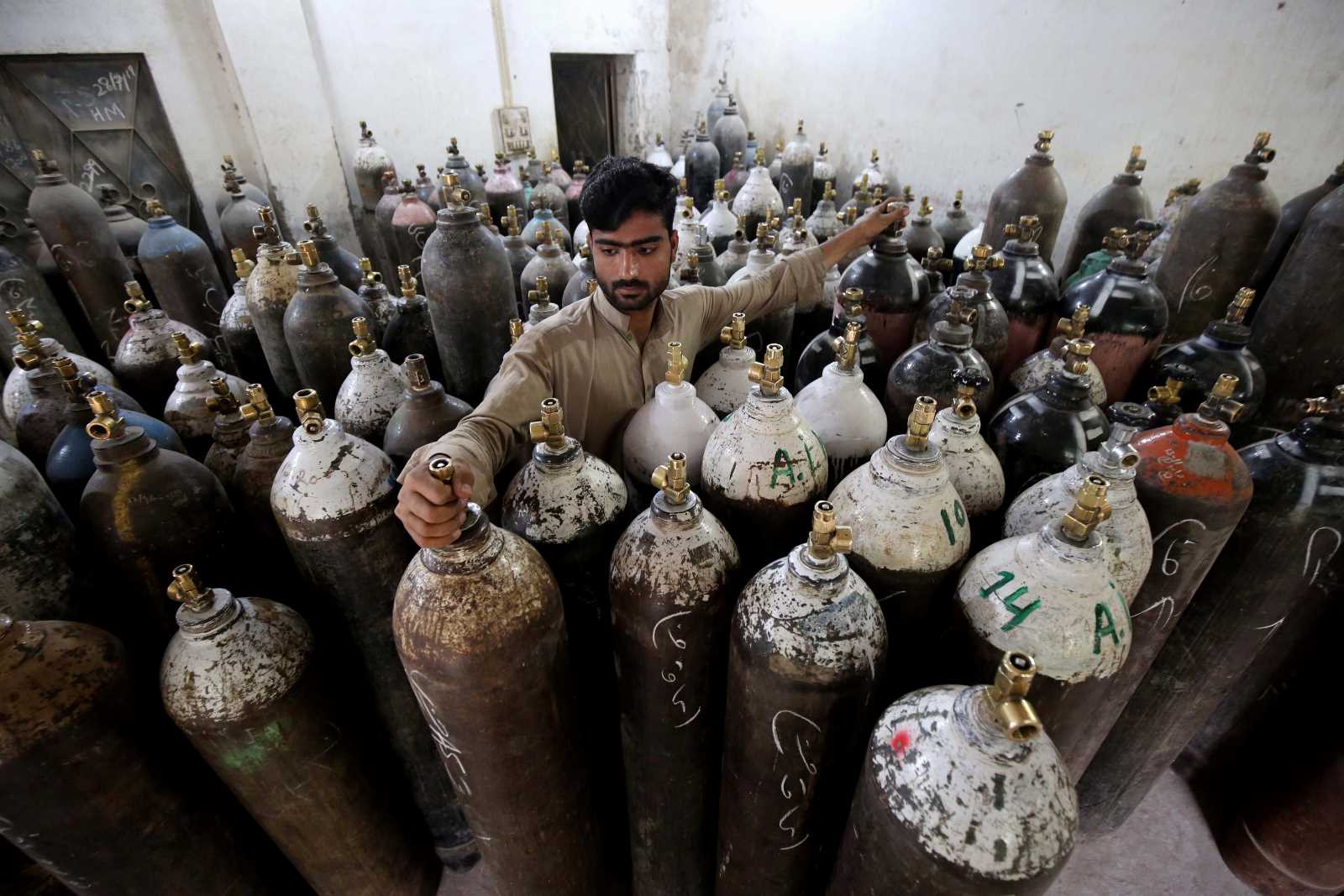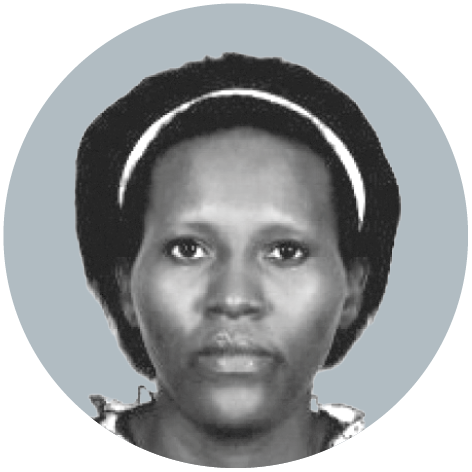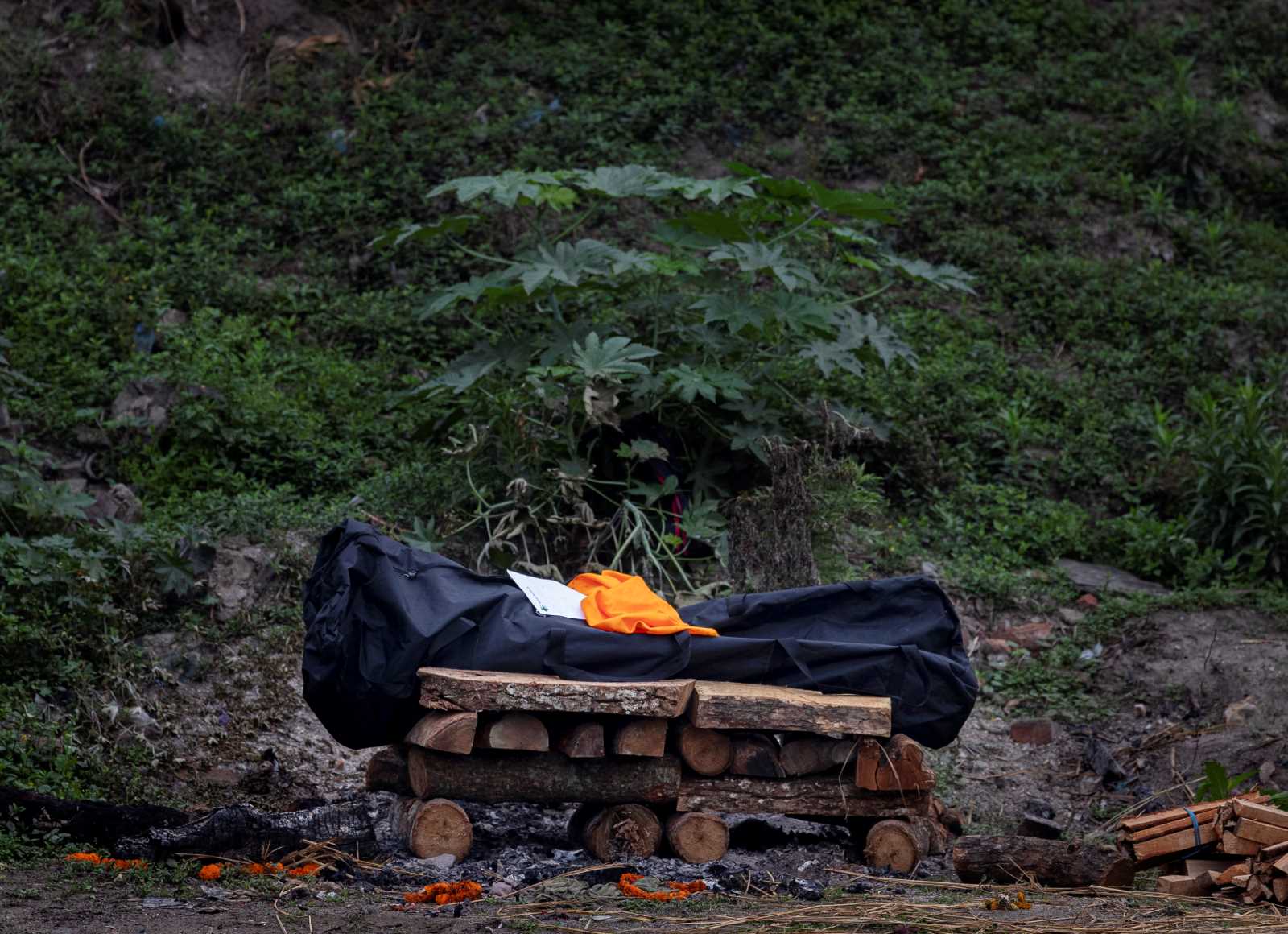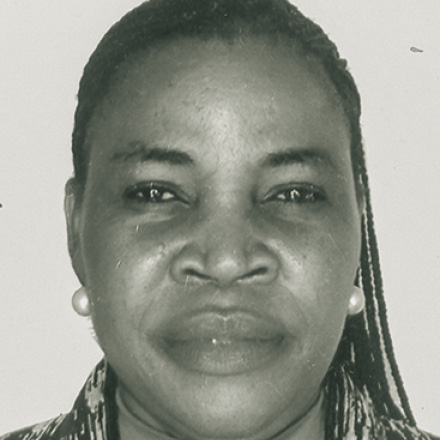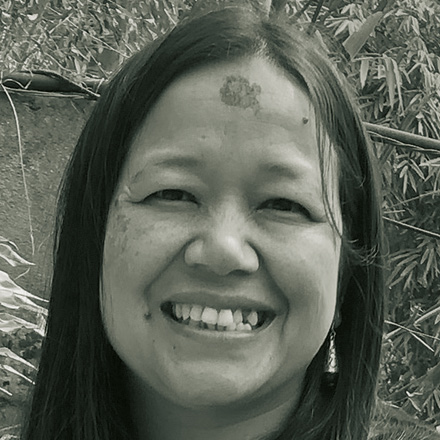Demographic change
Singapore takes care of elderly
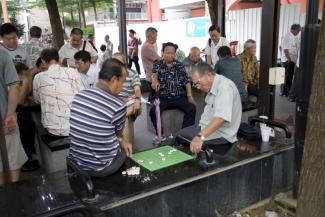
The number of citizens aged 65 years and above will double by 2030 in Singapore, according to a white paper released by the government in 2013. While there are currently 6.3 working-age citizens per senior citizen, the number will decline to 2.1 in the next 15 years.
With less young people to support the elderly, the government will need to devote more of its budget to addressing the health-care needs of the aged. Another challenge is the social dimension to ageing. Given the rapid pace of economic and technological development in Singapore and the major changes in the social and urban environment, elderly people are at risk of becoming alienated from society. There is a lot of debate going on about how to help the elder generation to remain in their communities. The slogan is “to age in place”.
Thanks to the pioneers
In response to the economic and social challenges of ageing, the Singapore government unveiled its Pioneer Generation Package in early 2014. The corresponding bill was passed in November.
As the Ministry of Health declares on its website, the government wants to “honour and thank our pioneers for their hard work and dedication”. Thus, the package is meant to recognise the early citizens’ contributions to Singapore’s economic development.
The “pioneer generation” comprises those who were born before 1950. Accordingly, they were aged 16 or above when Singapore gained independence from Malaysia in 1965. To benefit from the package, one has to be a Singaporean citizen since 1986 or longer. About 450,000 Singaporeans meet the required criteria, according to the government.
The package consists of four components:
- Various subsidies for outpatient medical care were introduced. These include a further 50 % discount for already subsidised services at specialist outpatient clinics. Outpatient treatments at polyclinics and selected general practitioner clinics are subsidised too. Moreover, the existing Enhanced Community Health Assist Scheme subsidy for lower- and middle-income citizens was extended for the pioneer generation.
- The government provides annual top-ups worth up to almost US$ 600 to the Medisave accounts of the pioneers. Medisave is a national medical savings scheme: employees must contribute 7 % to 9.5 % of their monthly salaries to a personal account, and that money can be used to pay for hospitalisation, day surgery and certain outpatient expenses. An individual’s Medisave funds can also be used to cover an immediate family member’s health-care costs.
- The pioneer generation will receive subsidies for MediShield Life, a health insurance. The subsidies will range from 40 % to 60 % of premiums. This insurance aims to provide universal and life-time coverage to Singaporean citizens and permanent residents. It will be implemented at the end of 2015.
- People with moderate and severe functional disabilities get additional money worth almost US $ 900 in cash per year.
All in all, the package should ensure that Singapore’s elderly population has access to affordable health care. The government has set aside funds worth US$ 6.6 million to meet the projected costs. Half of the fund is expected to be used within the first ten years of the package’s implementation.
Several components of the Pioneer Generation Package have already been implemented – including Medisave top-ups, disability assistance pay-outs and subsidies for care at specialist outpatient clinics and polyclinics. Full implementation is expected by the end of 2015.
Low literacy levels
While the design and formulation of the Pioneer Generation Package was clear and organised, its implementation requires much more effort and experimentation. This is partly due to relatively low levels of literacy among Singapore’s aged. Many lack access to information.
Therefore, the government recently established the Pioneer Generation Office. Its job is to reach out to the target group and spread awareness for the benefits. The office is training “PG ambassadors” to explain details of the scheme to potential beneficiaries. Additionally, meetings at the constituency level have been organised, where political representatives and volunteers informed the pioneer generation about the package.
Singapore’s health-care system is already a global model. It was ranked first among 51 countries by Bloomberg in 2014, ahead of Germany (rank 23) and the USA (rank 44). The Pioneer Generation Package will further improve the system by specifically addressing the needs of an ageing population
The success of the Pioneer Generation Package will be closely watched by Singapore’s neighbours, who are also facing ageing populations. The Malaysian government has already stated its intention to learn from Singapore in putting together its Senior Citizen Plan (Dasar Warga Emas). Similarly, Indonesia faces a rapidly ageing population that remains mired in poverty.
In all three countries, the ageing population poses severe fiscal challenges. Not only will governments need to spend more on the aged, but the decline in the productive population will weaken economic growth. Singapore may be able to overcome such fiscal challenges by drawing on its large foreign currency reserves – the city-state is currently ranked 12th in the world for the size of its foreign reserves.
There are implications for migration as well. Many young people leave Indonesia and Malaysia in pursuit of higher paying jobs in Singapore and other more advanced countries. Singapore relies on immigration to make up for its declining population, compounding demographic problems in neighbouring countries.
In identifying the elderly as Singapore’s “pioneer generation” and thus recognising their role played in driving the country’s development, the state is providing the elderly with a new sense of identity and dignity. Moreover, it is raising awareness among younger Singaporeans for issues of the ageing society
Jun Jie Woo is a Postdoctoral Research Fellow at the Lee Kuan Yew Centre for Innovative Cities, Singapore University of Technology and Design.
junjie_woo@sutd.edu.sg
Literature:
Population White Paper, 2013: National Population and Talent Division. Singapore.
Links:
Bloomberg: most efficient health care 2014: countries.
http://www.bloomberg.com/visual-data/best-and-worst//most-efficient-health-care-2014-countries
CIA World Factbook: Country Comparison – Reserves of Foreign Exchange and Gold.
https://www.cia.gov/library/publications/the-world-factbook/rankorder/2188rank.html
